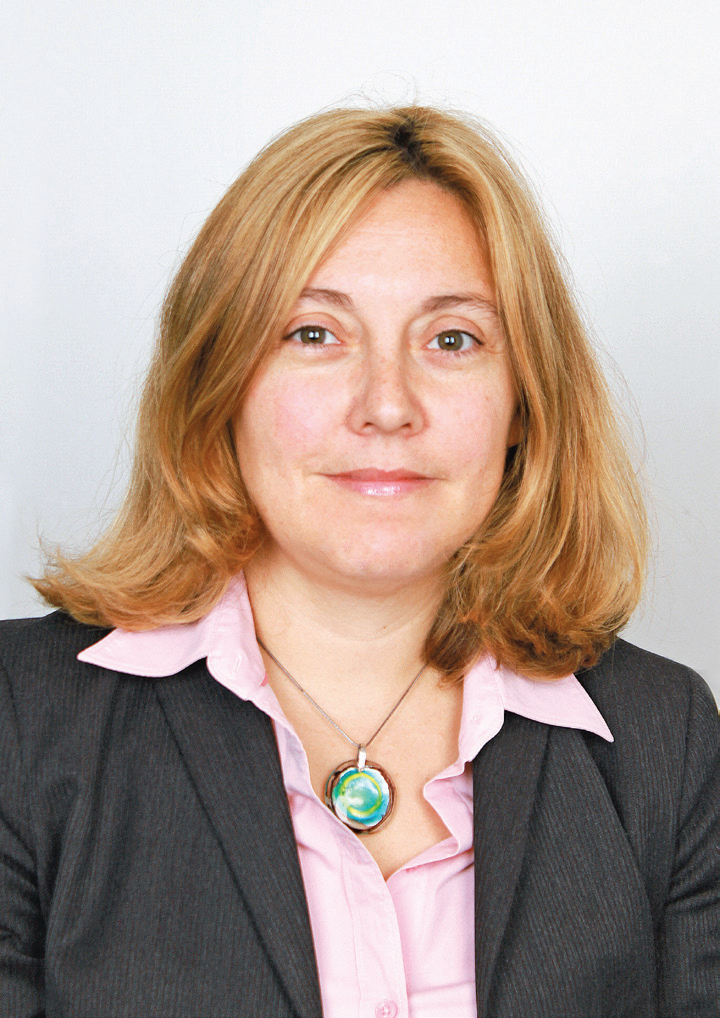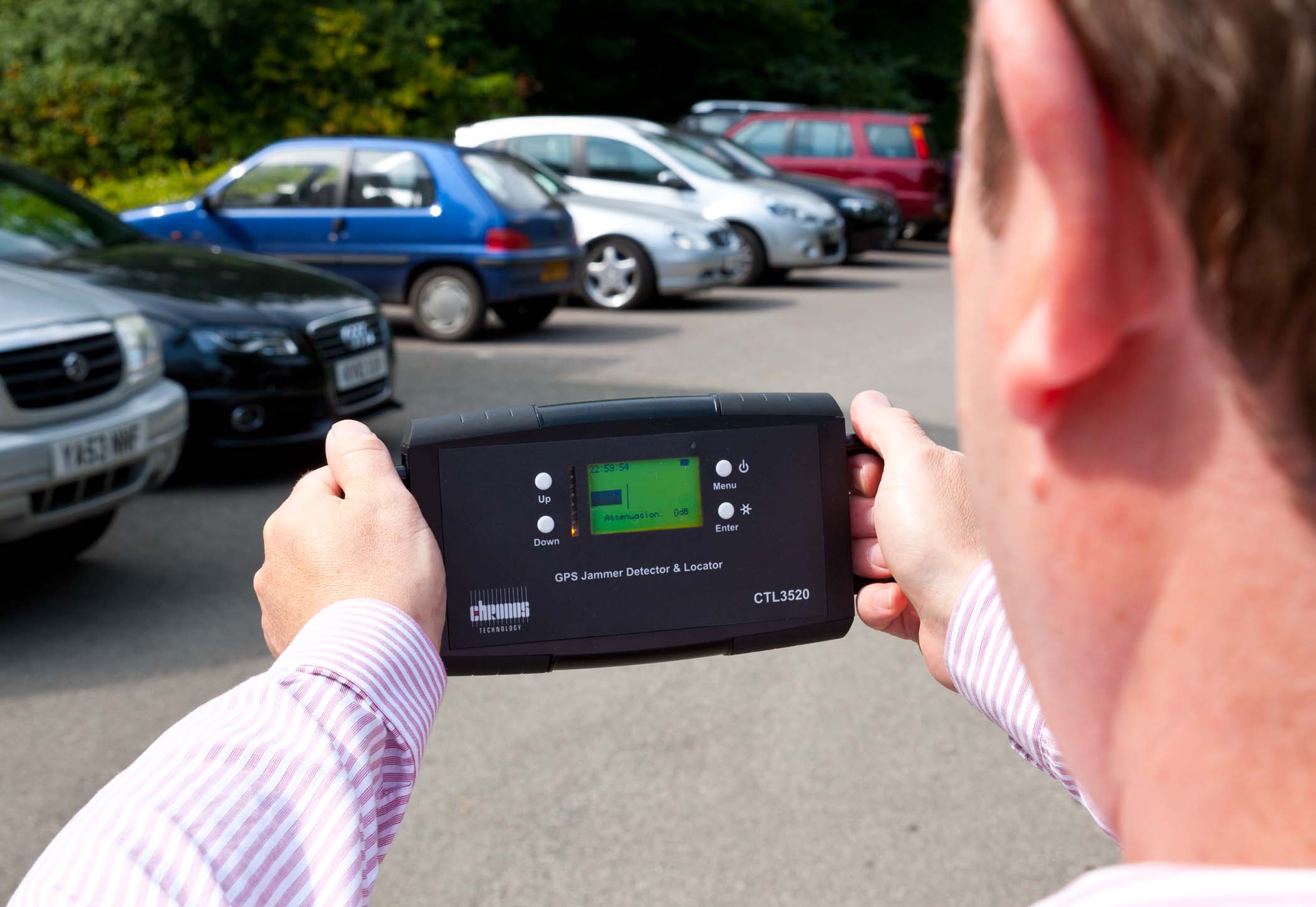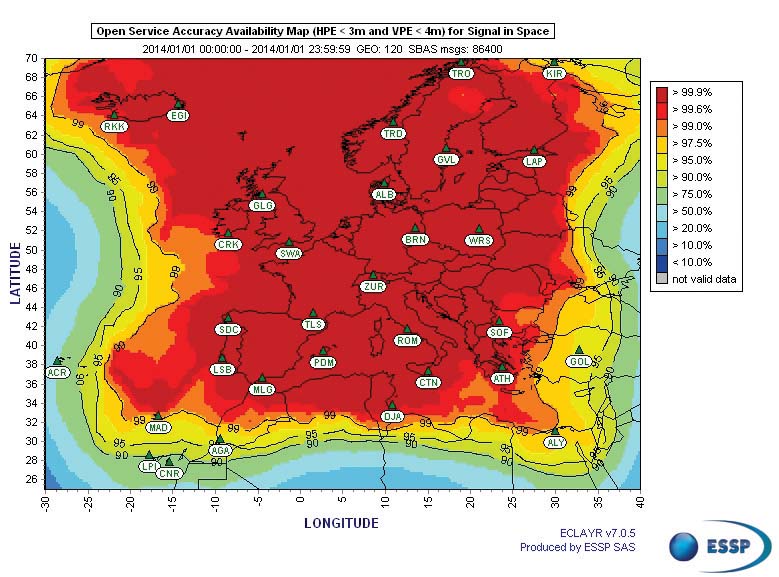Philippe Hamet discusses the progress of the European Union's Galileo Global Navigation Satellite System Project

Hamet acknowledges that in the future Galileo will be but one of several global navigation satellite systems. Its key differentiator, he says, will be its offer of value-added services
Philippe Hamet discusses the progress of the European Union's Galileo Global Navigation Satellite System Project
The
Galileo's critics have long argued that there is limited need for the system, as existing solutions, such as the US's GPS, already provide an adequate level of service for most if not all existing and future positioning applications. They argue that Galileo's project leaders' assertions that improved accuracy will lead to a wide range of services for which users will happily pay is somewhat fanciful given that use of GPS is currently free.
Closer to home, in the ITS sector, European road concessionaires have expressed concern over tolling being the only clearly identified in-service revenue stream. Road applications, according to the
Philippe Hamet, Administrateur in the EC team for the Galileo project, acknowledges the financial difficulties faced to date.
"In 2007, the public-private partnership approach which had been pursued up until that point was recognised as failing," he says. "The various European institutions therefore decided to finance the whole process of infrastructure construction. For that purpose, a budget of €3.4bn has been provided." Effectively, that means bankrolling of the project by EU taxpayers. But it paves the way to an "estimated full operational capacity" in 2013, he continues. A preliminary version of Galileo, mainly for testing and fine tuning, should be ready for 2011.
Compare and contrast
Benchmarking of any technology tends to be difficult. Too often, the assumption is that the capabilities of the comparison technologies will remain static.Hamet addresses criticisms thus: "We are perfectly aware that Galileo will be positioned in a world of strong competition between GPS III, which is due to be operational in 2018, Glonass, the Russian system, and Compass, the Chinese system.
"Most probably, the accuracy of these systems will be similar to Galileo. We know also that manufacturers of receivers will privilege dual constellation receivers to single constellation receivers as we have today. In that sense, Galileo will be one of four solutions. But Galileo seems to be the only one which will deliver added-value services. The reason for that is simple: Galileo is the only one which is a civilian system based on a marketing approach. Those added-value services include: a contractual guarantee of service; an accuracy down to 10cm [3in]; improved 'trustability' within the measurement of the integrity signal; authentication of the emitters to fight spoofing - which can be very useful for road charging; signal encryption as a counter to jamming; certification according to the rules of such bodies as the
"There are thousands of potential applications. European industry has to take advantage of the fact that we are developing Galileo. Certainly, without Galileo the European administrations would not support the development of new applications as they do now and will do in coming years. The support extends to public programmes in the various European countries; 75 per cent of the market is supposed to be in LBS, which means all services a citizen can get with his or her mobile phone or portable handset. The benefits for citizens are huge, and extend from nice-to-have comfort applications to the more serious ones pertaining to safety. For the handicapped or elderly, there is the potential for much greater independence in their lives.
"We're already working on these issues, based on GPS and the European Geostationary Navigation Overlay Service, EGNOS, but the move to Galileo will enhance the performance of these services. EGNOS is already used widely, for example for precision agriculture. When certified, it will provide important benefits to general aviation, including to the many airports that today do not have the equipment necessary to support instrumented landings."
Over-hopefulness?
Nevertheless, there remains the suspicion from many quarters that most of these applications have been dreamt up to bolster the case for a political must-have - that, put simply, Galileo is too important to fail no matter what the commercial realities.Hamet: "The EC has always emphasised the importance of a European system. Many domains in our economy, such as mobile telephony and power supply networks and trade and stock exchanges, are now reliant on GPS, not only for positioning but also for timing. Galileo allows European industry, starting with the space sector, to remain competitive globally. Further downstream, let's take the example of road pricing. European industries are amongst world leaders in this domain. The support of the EU and national authorities should help them to move to GNSS tolling and export their know-how and technologies around the world."
In terms of ongoing upkeep and maintenance, and the use of applications as a funding method, he says, the road charging and tolling sector is not alone in its fear of being 'the' application which will carry the greatest burden.
"The airlines also have the same fear," Hamet continues. "Again, based upon studies to date, most of the market is actually in applications linked to mobile telecommunications. Around 20 per cent is within the road sector, where tolling is a big issue. But it is not the only one. Concerning who pays, the answer is very simple: the EC budget should pay for building the infrastructure. Competition between the various GNSS solutions will lead to the fact that the open signal of Galileo and EGNOS will be free to anyone forever. In most cases, this will be sufficient for road tolling, as
GNSS versus DSRC
Tolling operators across Europe (and, indeed, the world) remain convinced of the efficacy of tag and beacon-based DSRC technology - an attitude based on solid operational experience. A move to satellite-based tolling would, they say, bring about the need for substantial investments in new technology which would only serve to replace an already effective system "DSRC is a very good technology," Hamet states. "It is efficient, proven, and works well in the standard motorway tolling schemes. For urban congestion charging or wide-area pricing it is another issue. GNSS tolling has great advantages in that respect: it dramatically reduces the need for infrastructure, such as plazas and gantries, it is more flexible, and its costs are decreasing to a point where it becomes very competitive."A satellite onboard unit which was around €500 in 2003 is now around €120 and will be under €100 by 2010. Slovakia has recently decided to go to this technology. France might follow for its nationwide truck charging system, and the Netherlands for its urban pricing system. To these systems, Galileo will bring greater accuracy, together with a better signal availability, especially in urban canyons or mountainous areas. The added-value services mentioned previously could be of huge interest to operators looking to make their systems' operations more secure.
"Once we have European interoperability, I think that GNSS tolling will become the obvious solution, as it will be so easy to implement for local or national authorities which at present have no system in place but need solutions with which to address climate change, infrastructure financing and congestion.
"Both technologies are currently complementary. The EC's Interoperability Directive recognises this and accepts this coexistence. But in the longer term GNSS should replace DSRC." This does not, he says, conflict with the fact that many of the emerging and soon-to-be-fielded cooperative infrastructure applications use DSRC-type technologies: "In the future, there should be a single onboard unit in each vehicle, handling all applications except those related to the direct real-time actions on the engine, wheels and brakes. This 'universal platform' will have different means of communication, different sources of data, internal and external, and GNSS will be one amongst others.
"There is no way that such a platform can work without knowing accurately where it is. Furthermore, advanced driver assistance systems will develop further in the future and will also require accurate locational information, eventually less than 30cm. Among the location technologies, I am confident that GNSS will always keep its place, because it will be so cheap and accurate. If the cost of a receiver falls in the coming years to the point where you can find one in most mobile phones, it will of course find its way into the vehicle. Of that, I have no doubt."
GNSS tolling: a fait accompli?
So can more be done to allay the tolling sector's fears? Hamet rejects the idea that the EC should give over any more money than it already has."The EC has already spent millions of Euros over more than a decade to make electronic fee collection interoperability become a reality. Technology allows it: the EU-funded Road Charging Interoperability [RCI] project has recently demonstrated this. On the enforcement side, we have already funded the three VERA projects which deal mainly with legal matters. Should we give more money? Personally, I don't think so. We do however have to develop the political willingness to make things work. For the future, I am confident that when interoperability is there, GNSS tolling will develop within all of the wider road applications of the technology."











